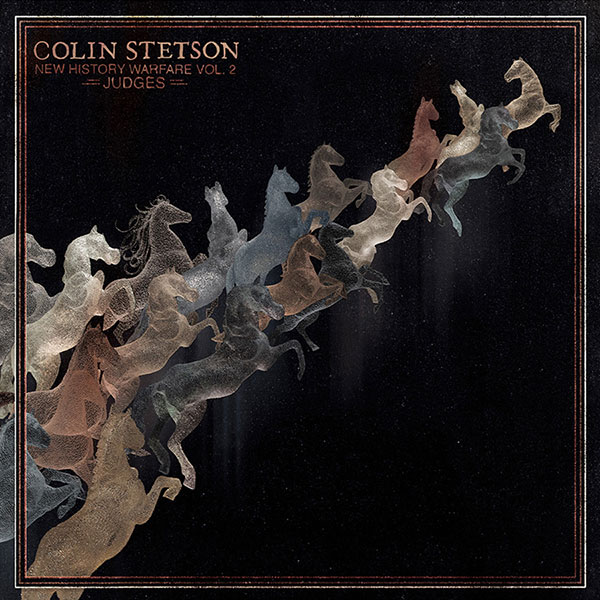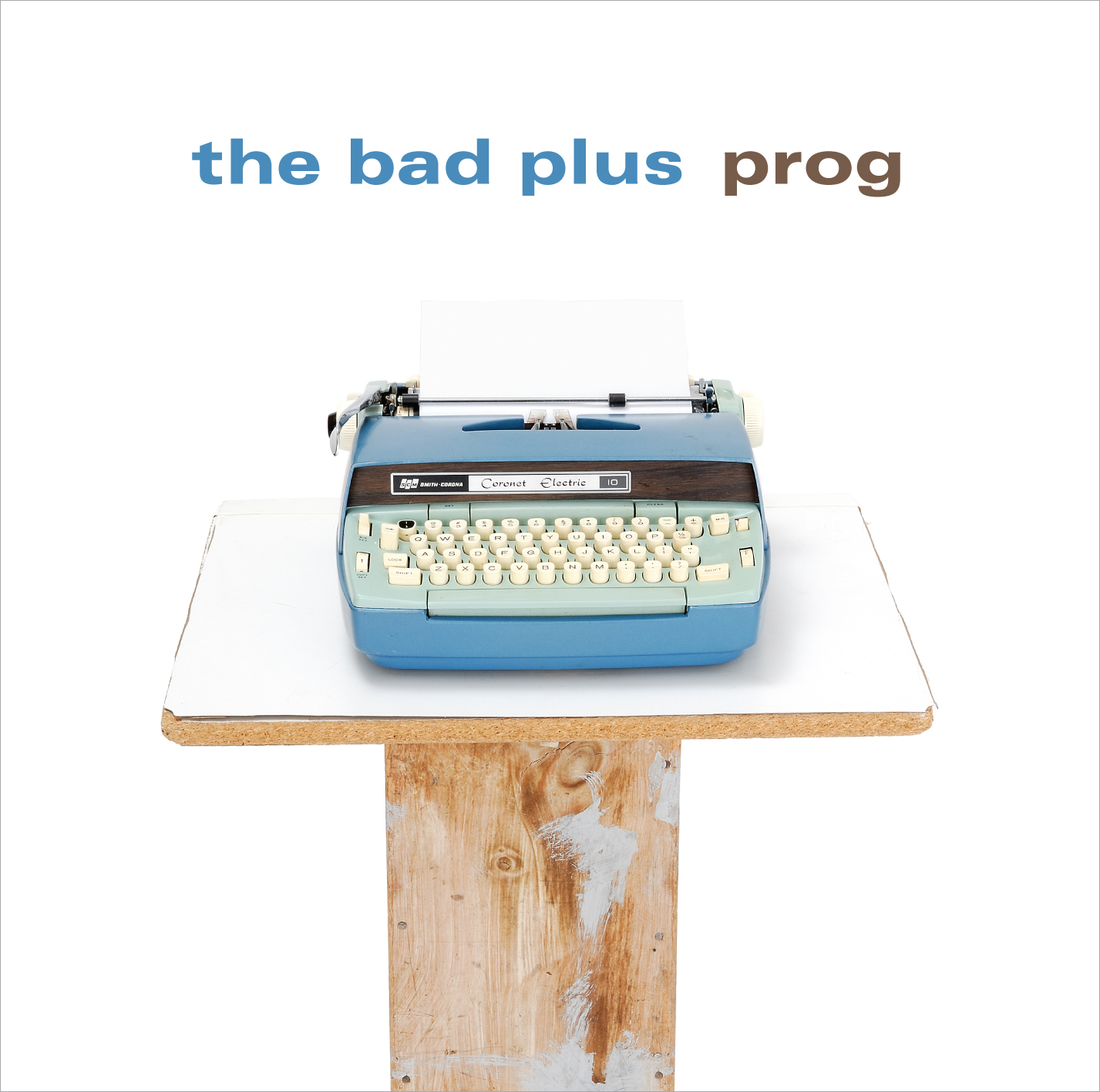This post was originally going to veer into a discussion of a particular group of songs that I thought were worth talking about, but ended up developing into something completely different and I think that it works better as a stand alone piece. These are some of the things that I have been thinking about lately, perhaps spurred by my frustration with music blogs in general. I have read so many negative reviews (which are pointless for all involved) as well as many very poorly written reviews and other pieces about music that attempt to cover up the author’s lack of musical knowledge through convoluted verbiage. There are specific things that I could cite, and I will do so at a later time, but for right now I think that I am just going to let this stand as is and get back to the actual music tomorrow.
There are pretty much only two ways to get my attention music-wise. Despite sounding like the completely opposing ideas of beauty and aggression, I think that the best way to wrap these things up together would be under the umbrella of “visceral.” Something that is quiet can be visceral, though it seems people typically use the word to refer to something that is unusually aggressive, or overbearing in general. But really it’s about feeling something either way.
Leave cerebral music to those that don’t know any better; leave it to those that can’t figure out how to say anything other than “look how smart we are and how complicated our songs are.” Even early Genesis, the most proggy of the prog, had some deep emotion running through a lot of their songs (though not all of them, I mean they did write an entire song about a giant hogweed after all.
But, the point is, and I do have a point, is that when I hear a song I almost instantly know whether I am going to like it or not. I’m not saying that I make snap judgements that are completely biased one way or the other, but I have listened to enough music to be able to tell when something is not going to have anything to offer me. At a certain point you just have to figure out how to do it and how to do it fast. Better that than sit through something for an hour just because you feel like you have to. A lot of times I can tell just from the ambiance around the first second or two of a song, especially if there are some drumstick clicks to count off. It’s easy to hear if something is going to be overproduced from that sound alone. If something is overproduced, and by that I mean surgically recorded, hermetically protected from any environmental sounds, then I am almost positive that I am going to have no interest in listening to it no matter how good the “song” is. Because, and bands need to figure this out, there is a lot more to writing a good song than the chord progression and the melody. As soon as you think about those things too much you are sunk.
Recording something in a deadened studio is like telling someone that you love them for the first time via text. There’s no emotion. The music needs to express something, and not through the use of overwrought bad teenage poetry. Make a connection, a real human connection. That is what music is all about.
And maybe this all sounds too heavy handed, and maybe you haven’t even read this far down, but if I get another email from another band that is trying way too hard, well, I don’t know what I am going to do. I can tell you what I am not going to do though, I am not going to pollute the rest of the internet with it. A lot of filtering happens, and I’m not ashamed of it.
There’s actually another thing that I am not going to do, and that is spend an evening writing about how much a specific album is terrible, detailing the ways in which it is. Sure, I could do that (and there are plenty of sites that do) but what would be the point? Throwing stones is easy. It’s easy because it takes very little knowledge and makes the writer sound like they know a whole lot more than they actually do. Why not just say nothing? Listen to as much of the song or album as you need to make a decision on whether or not it is worth listening to and if it is then you should happily share it with everyone. On the other hand, if you just can’t get through the song or the album, simply stop playing it and don’t listen to it anymore. That’s what everyone should do. Why waste your time and the time of others?





 “Life on Mars” builds to a fiery crescendo with grand octaves and the entire ensemble playing out as if they were trying to fill a stadium without the aid of amplification while drummer David King plays with pinpoint accuracy and mathematical complexity. “Mint” remains somewhat restrained, not coming off quite as dynamic as the rest of the album, but providing the listener with a well deserved break. Some light whimsy to help digest the monstrously progged out “Physical Cities”.
“Life on Mars” builds to a fiery crescendo with grand octaves and the entire ensemble playing out as if they were trying to fill a stadium without the aid of amplification while drummer David King plays with pinpoint accuracy and mathematical complexity. “Mint” remains somewhat restrained, not coming off quite as dynamic as the rest of the album, but providing the listener with a well deserved break. Some light whimsy to help digest the monstrously progged out “Physical Cities”.